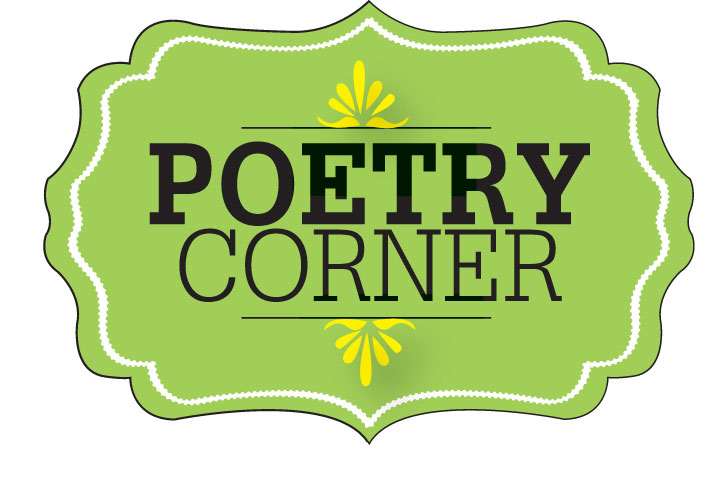By Norah Christianson
Otherwise
By Jane Kenyon
I got out of bed
on two strong legs.
It might have been
otherwise. I ate
cereal, sweet
milk, ripe, flawless
peach. It might
have been otherwise.
I took the dog uphill
to the birch wood.
All morning I did
the work I love.
At noon I lay down
with my mate. It might
have been otherwise.
We ate dinner together
at a table with silver
candlesticks. It might
have been otherwise.
I slept in a bed
in a room with paintings
on the walls, and
planned another day
just like this day.
But one day, I know,
it will be otherwise.
Such a restrained, un-ornamented poem is “Otherwise.” Jane Kenyon tells us of her day—her simple breakfast, her walk with her dog, doing the work she loves (writing), her rest with her mate, dinner, her sleep, her plans for the next day “…just like this day.” Her life is ordinary, lean but lovely. She has her routine, everything’s normal. An average life. But you intuit that she is appreciative, grateful for this life, however ordinary. Her words are quiet, calm. You can sense her contentment.
Yet four times throughout the poem she repeats the line, “It might have been otherwise.” And at the very end of the poem, a fifth reminder, “But one day, I know, it will be otherwise.”
Kenyon is gently cueing us that we are only here temporarily. It is a poem reminding us of death, but it is not a morbid or dramatic death poem. Kenyon is also suggesting that we notice the beauty and grace in our ordinary lives. To notice our strong legs, to notice how sweet the milk and flawless the peach, the silver candlesticks, the paintings on our walls. To SEE.
Kenyon’s repetition of “It might have been otherwise” is a literary device known as epistrophe—a word derived from the ancient Greek word meaning “turning back upon.” Epistrophe is the repetition of words that are carried back to us again and again in order to emphasize the truth. Kenyon is telling us (Latin this time) “memento mori,” or “remember that you die’ so that you will remember to live. Don’t sleep through your life. Notice everything. Cherish what you have.
“Otherwise” was written in 1994 after Jane was diagnosed with leukemia. The poem is remarkable for its absence of self-pity, her intense calmness. Kenyon died a year later at 47. “Otherwise” was published posthumously.

Jane Kenyon, born in Ann Arbor, Michigan in May, 1947, was an American poet and translator. She was the wife of the poet Donald Hall. They lived quietly at Eagle Pond Farm, his ancestral home, in Wilmot, New Hampshire, where she died in April of 1995.


Thank you very much